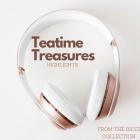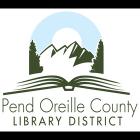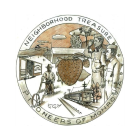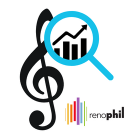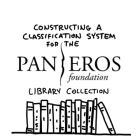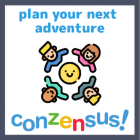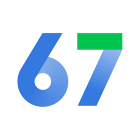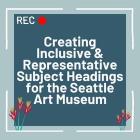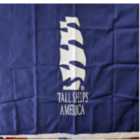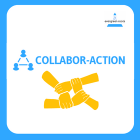
collabor-action
As it currently stands, cross-sector partnerships between hospitals & community based organizations are under-performing & disoriented, leading to disparities in community-based health outreach. Our platform collabor-action aims to streamline discovery and communication between healthcare systems and community based organizations. We accomplish this through the use of information cards to provide information on services/specialties, contact information, and a message form feature to send collaboration requests. In doing so, we hope to facilitate clear communication and planning between these organizations in pursuit of promoting relevant partnerships and community health outreach.

